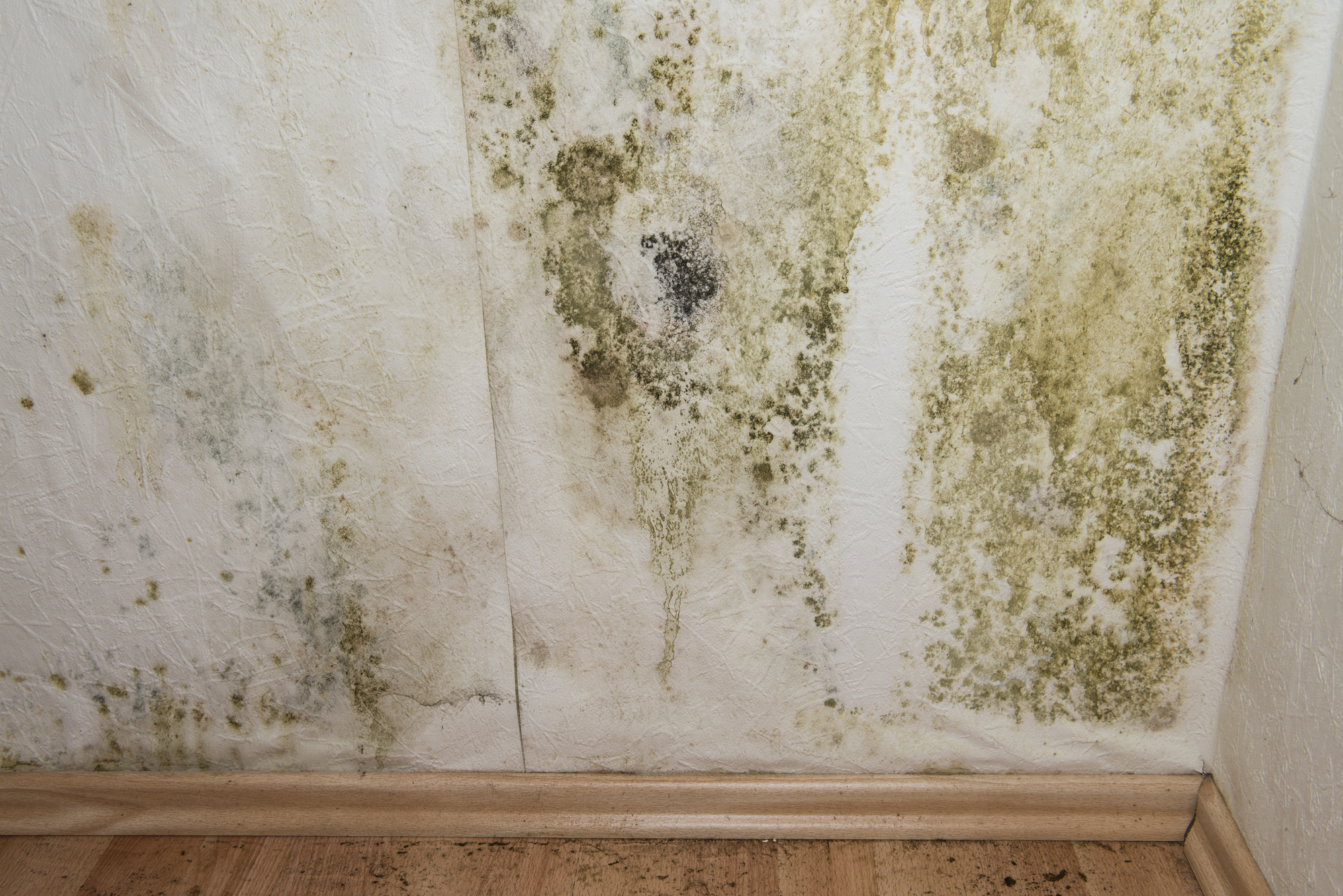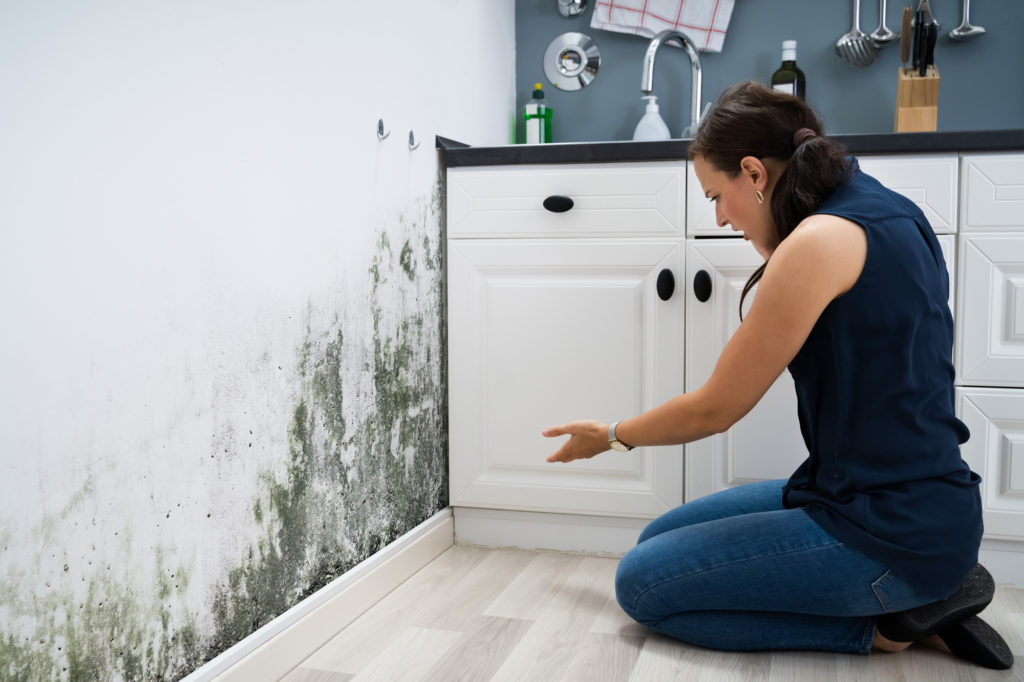If your rented property or falls into disrepair, it.......
Read MoreMould in Social Housing. Your Guide to Claiming Compensation

Do you have mould in your home? Have you or your loved ones or anyone you live with experienced illness as a result of your council or housing association’s negligence? You may be entitled to some compensation.
Mould in your home could lead to various issues including respiratory problems, fungi infection and respiratory diseases. Mould is also considered to worsen asthma conditions.
Social Housing Disrepair Claims are vastly experienced in handling Mould Compensation Claims. We are well trusted with proofs of successfully executed claims worth thousands of pounds. We know exactly how to handle your claim to give you the best chance of a successful claim.
Call us on 0161 546 8514 for a quick consultation or to begin your Mould Compensation Claim.
What is Mould in Social Housing?
Mould is a type of fungi that grows best in damp and poorly ventilated areas. Mould can be found on rotten food, on walls, carpets and buildings and reproduce by making spores.
In most homes, mould is often caused by excessive moisture. They are known to grow in generally poorly ventilated areas.
Mould generally has a musty odour and usually appears as green, grey, brown or black spots and clusters. People who are more sensitive can be affected to various degrees by the presence of mould especially when the spores are inhaled.
If your Social Landlord does not address the issues you have raised, speak to our advisers at Social Housing Disrepair Claims for the next course of action, as per your situation.
Mould Compensation Claims – Understanding Responsibilities
There are a few factors that could cause mould to develop in your home. General poor maintenance and upkeep, high levels of condensation and Housing Disrepair are well known causes of mould in households.
Although it is your general responsibility to take care of your home, however if your home is provided by your council or housing association, then they have a legal duty of care towards you and all who live in your home.
A major part of their duty of care to you includes fixing issues in your property when it needs repair and making sure it remains in a habitable state. If your housing provider neglects or delays to meet up with this duty, then you could be entitled to housing disrepair compensation. Even more, you could be compensated further for any damage to your household possessions due to the disrepair.
If you or any of your loved ones falls ill due to mould or has a medical condition worsened due to the presence of mould in your home, you may be entitled to claim compensation against your housing provider or council
The Law on Mould and Damp in rented property in the UK
As already explained, Mould and damp can cause significant health problems or worsen existing ones. In the Uk, there are laws that provide guidance for both Landlords and tenants such as the Housing Act of 2004, Landlord and Tenant Act of 1985 and The Housing Health and Safety Ratings System (HHSRS).
UK legislations makes it clear that maintenance and repairs of structural and exterior damage are the landlord’s responsibility. Therefore, where mould is caused by structural defects, your landlord has a duty to undertake repairs.
The Housing Health and Safety Ratings System (HHSRS) in particular, which landlords must abide by, also states that landlords are responsible for ensuring that a tenant’s physical or mental health is not harmed due to mould. Therefore, it is in your landlord’s best interest to treat the mould reported as soon as possible so that you as the tenant does not make a claim against the landlord for compensation for damages or an illness caused by mould.
Social Housing Disrepair Claims stands as an experienced adviser haven dealt with many Social Housing Mould Compensation Claims. We can tell you quite quickly when the fault is your landlord’s and let you know your chances of a successful claim.
No Win No Fee Mould Compensation Claims
Have you experienced an illness caused by mould as a result of the negligence of your Social Landlord? Our Legal advisors are happy to help you claim the compensation you are entitled to.
Our Claims Service remains the best in the UK. We offer a No Win No Fee option for you for compensation for your landlord. No Win No Fee simply means that you don’t need to pay any upfront fees to our solicitors. In effect, there’s nothing to pay except we win your mould compensation claim on your behalf.
From our experience, this is the preferred way for most Mould Compensation Claims we have handled.
Mould Compensation Claims FAQs
Generally speaking, yes. You can sue for mould – but mainly only if the mould or damp is caused by disrepair on the part of your landlord.
If you live in Social housing, it is the landlord’s responsibility to repair, if they will not fulfill this responsibility, then you as a tenant may be able to sue them for mould and damp compensation. You may also be able to sue for health issues that arise due to their disrepair.
Any compensation due you is usually calculated as a percentage of the rent you paid while living in the affected property. From our experience handing Mould disrepair claims for hundred’s of people, Mould compensation tends to be between 25% and 50% of your rent.
An important step is to ensure that you have informed your landlord about the problem. This is your responsibility and you should inform the Landlord as soon as you notice damp issues. Generally in the UK, a Landlord should respond to you within 14 days once you have made the concerns known if your tenancy started after October 1st, 2015.
Even If your landlord refuses to make repairs after you’ve formally reported issues with mould, you should NOT Withhold your rent. Technically, as a tenant, you do not have the right to withhold rent due to disrepair. Your landlord may chase you for your rent arrears and you could be up against eviction. One way out is to get the repairs done yourself, then deduct the costs in the future rent. You should keep evidences of your repair expenditure.
- Conduct a detailed analysis of your credit report.
- Conduct a detailed analysis of your credit report.
- To carry out a detailed assessment of your income and expenditure to determine your affordability.
- Arrange the most affordable, suitable mortgage to your circumstance and fits the lenders criteria.
- Get your mortgage approved in principle within 24hrs of your enquiry permitting we get all requisite documents and information.
- Liaise with your estate agent at every stage.
- Get you straight to your dedicated Mortgage Consultant.
- Get your work done whilst you can sit back and relax.
Use Our Disrepair Claims Calculator
"*" indicates required fields
No-win No Fee Claims
Take A Step. Don't Suffer in Silence!

Social Housing News
Government to drive up standards in social housing
Social housing residents will be better protected as part.......
Read More
